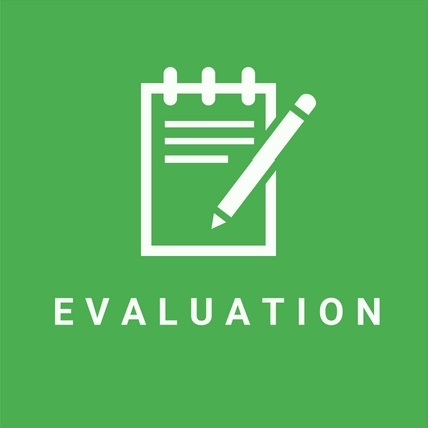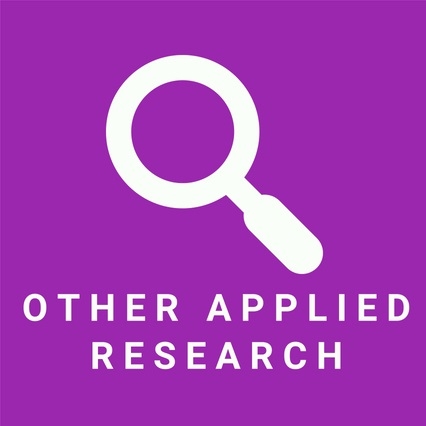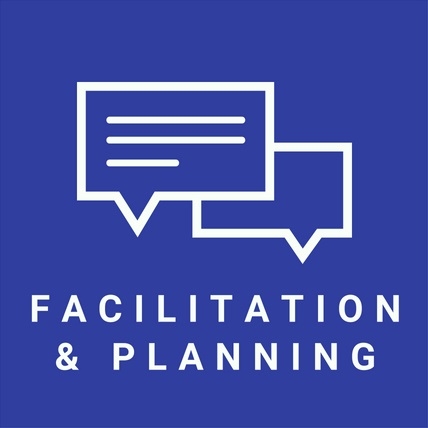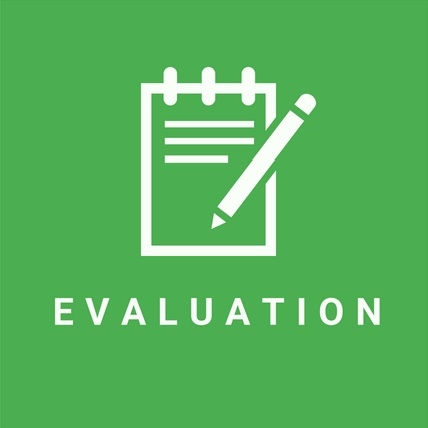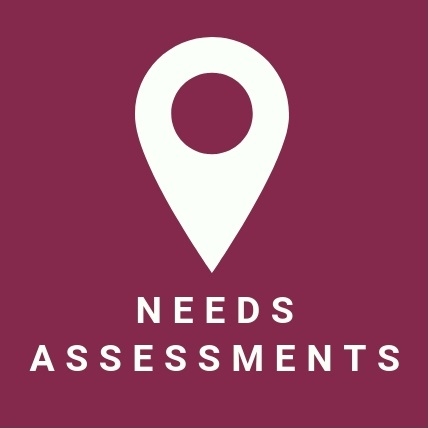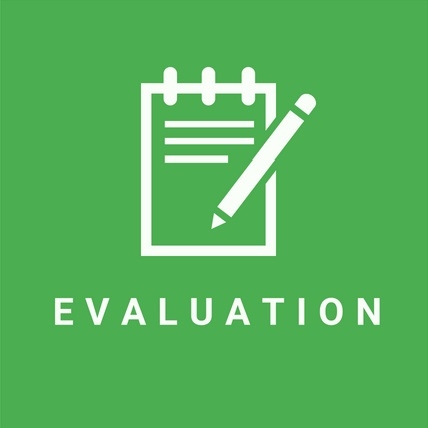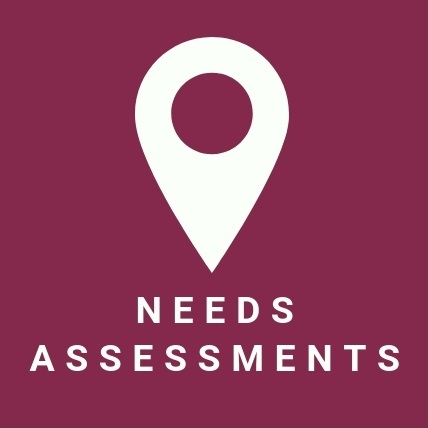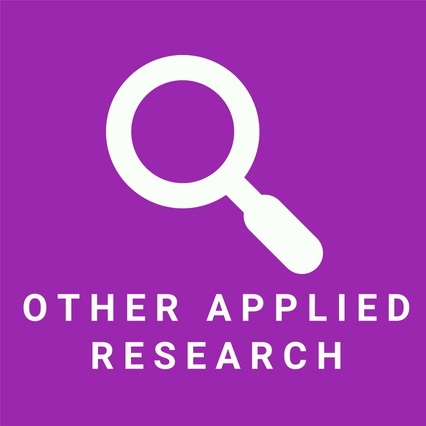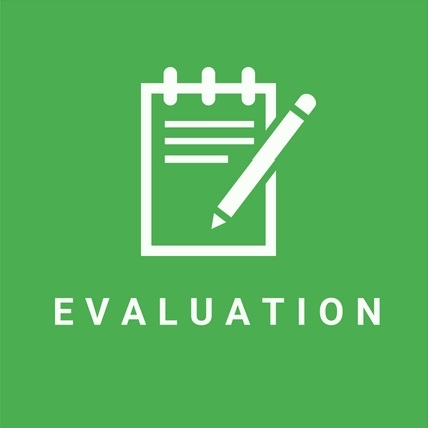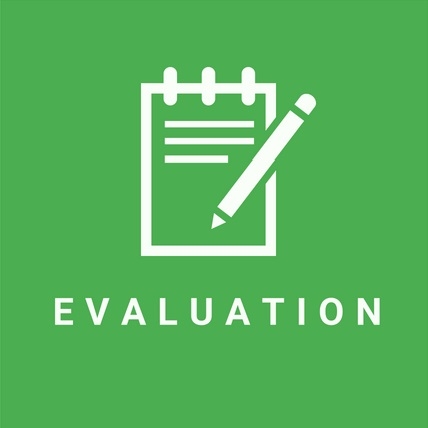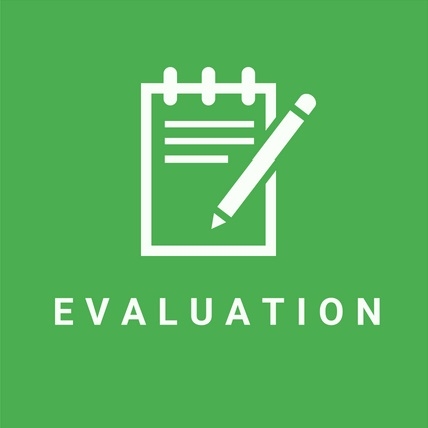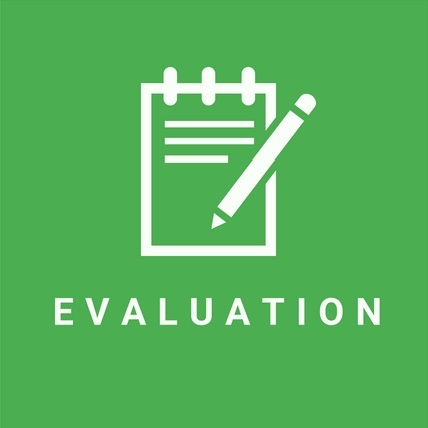Projects
CCBR typically has 15-20 ongoing projects and has completed over 450 projects since 1982. Each project is guided by our commitment to impacting social change in practical and powerful ways. We conduct research with people not on people, cultivating respect with communities at every step of the process.
Projects can be searched for using words from the project title or using the service area, theme, or date range for the project. You can also type 'Service Area' or 'Theme' into the search bar to get a list of options in each of these fields.
Projects
CCBR conducted an organizational review to describe how the program is presently being implemented and examine the impact of various internal and external factors in order to make concrete suggestions as to future directions.
The purpose of this SSHRC-funded project was to develop a national research partnership that investigated how to better equip church groups across Canada to help immigrants and refugees settle and integrate into Canadian society.
The purpose of this project was to prepare and conduct a training session with eight Peer Health Educators in focus group methodology and co-facilitate 24 focus groups with newcomers and immigrants within the City of London. This project was funded by London Health Sciences Centre and Southwest Regional Cancer Program.
CCBR conducted a needs assessment to understand the service needs of people living in the Region of Waterloo who have been affected by traumatic life experiences. The study was funded by The Trauma Service Initiative Steering Committee.
The purpose of this evaluation was to assess the outcomes and implementation of CityKidz’ core programs for children living in poverty in Hamilton and to identify future directions for improving on and replicating these programs in low-income communities across Canada. The evaluation was funded by World Vision.
CCBR worked with CAMH in three communities (Hamilton, Kitchener/Waterloo and Timmins/Cochrane) to identify, review, and synthesize existing information about mental health system gaps within each community related to transition. The assessment was funded by Centre for Addictions and Mental Health (CAMH).
CCBR was asked to provide ‘snapshots’ of systemic barriers that diverse communities face in accessing Region of Waterloo's services and programs. Interviews were done with individuals representing nine diverse groups: immigrants and refugees, LGBT folks (lesbian, gay, bi-sexual, and transgender), people living with disabilities, Indigenous people, people living in poverty, rural residents, seniors, youth, and women.
This project was a developmental evaluation of an arts-based intervention led by Aiding Dramatic Change, which facilitated cross-generational dialogue and relationship-building among adults and youth in newcomer communities in Niagara Region. The evaluation was funded by Ontario Trillium Foundation.
CCBR evaluated the Job Search Workshop Program (JSW), designed to ensure that “newcomers have the knowledge and skills to better understand the strategies, business perspective, and next steps of their job search process”, for its curriculum’s implementation and outcomes. The evaluation was funded by COSTI Immigrant Services.
CCBR conduced an evaluation of the Hate Crime Prevention Project, a new initiative launched by the Kitchener-Waterloo Multicultural Centre (KWMC). The purpose of the evaluation was to identify project implementation strengths and challenges, measure outcomes, and provide a summary of lessons learned. Main methods included document review, participant observation, analysis of evaluation forms, and an online survey.
CCBR conducted an evaluation of the Citizenship and Immigration Canada Settlement Interpreter Curriculum Project run by the Kitchener-Waterloo Multicultural Centre (KWMC) and partners. The main objectives were to 1) assess the impact of workshops on interpreters, 2) assess user-friendliness for instructors, and 3) evaluate project management.
